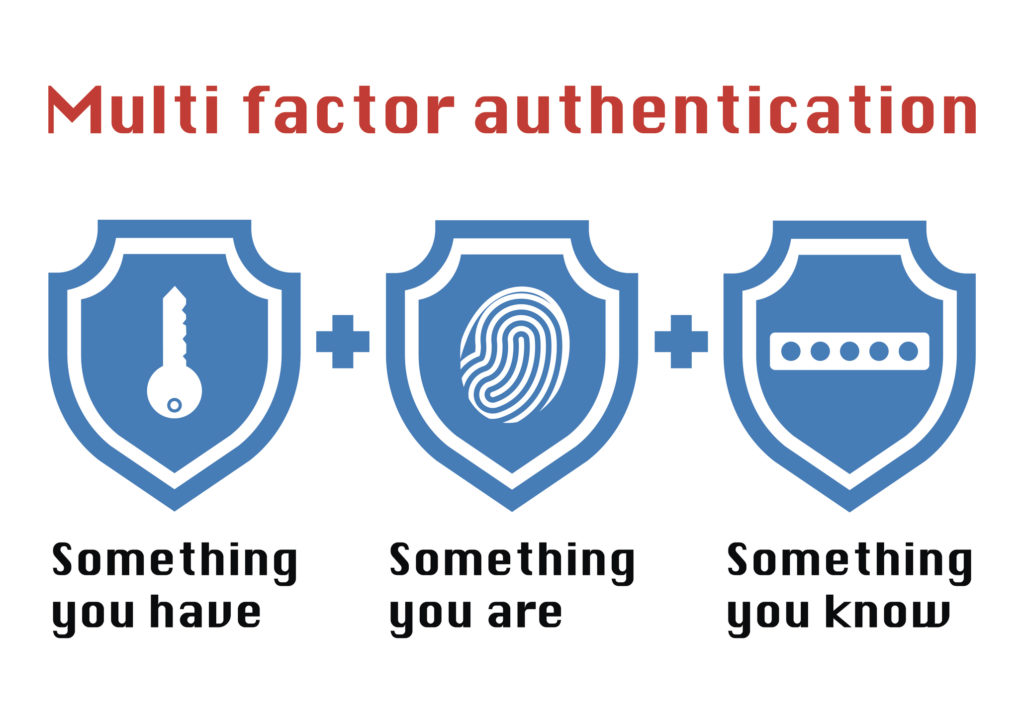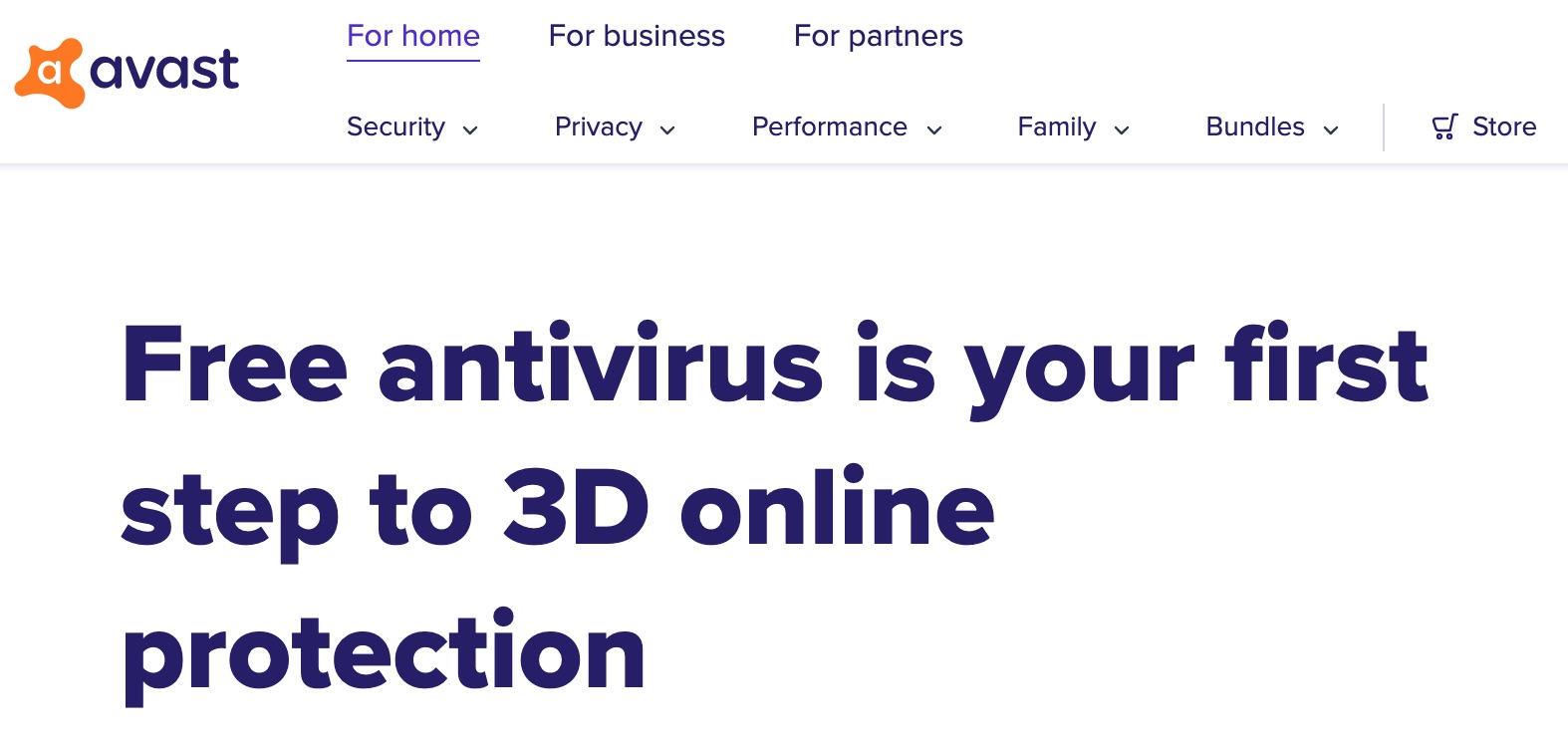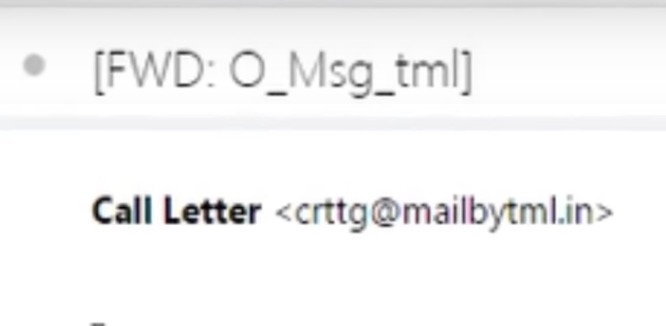
Introduction
- There’s an old saying that “knowledge is power,” and while that might seem cliché, it is true when it comes to internet crime. Hackers and cybercriminals are looking for information about you and your family. If they find the information they want, it gives them the power to steal from your bank accounts, destroy your credit, ruin your reputation, stalk your movements, and possibly even attack you physically. Fortunately, there are things you can do to keep information about yourself and your family safe. Here are some basic online safety tips.

1. Enable Two-factor Authentication
- Many online services give you the option of using two-factor authentication to access your accounts. In addition to your username and password, you also have to provide another piece of information. This prevents people from accessing your accounts even if they have obtained your password. It offers greater protection for your accounts, especially if the second factor is something entirely unique to you, such as your favorite vacation spot, recognition of your face, or a fingerprint. You don’t necessarily have to stop at two factors, though. Multi-factor authentication providers may be able to help you become even more secure.
2. Protect Your Passwords
- Protecting your passwords is vital to maintaining online security, especially where two-factor authentication is not available. You should never share your passwords with anyone, not even those you trust the most. You should also avoid “default” passwords, opting instead for those that are easy for you to remember but difficult for other people to guess. Strong passwords have a combination of lowercase and capital letters, numbers, and sometimes special characters. Special characters aren’t always permitted, though, so pay attention to the rules when creating a new password. Another way to protect your passwords is to use a unique one for every login. This way, even if someone obtains the password to one account, the others are still protected. Be sure to keep a list or you may let your computer keep them for you if you don’t share it.

3. Keep Antivirus Software Up to Date
- Antivirus is sort of a blanket term to describe software that protects against all types of malicious programming; not only viruses but Trojan horses, worms, etc. Not all antivirus programs include protection against ransomware, however, so this is something to pay attention to during purchase and installation. If your antivirus doesn’t have it, you may require extra protection.
- Unfortunately, it is not enough merely to have antivirus software installed. Hackers are relentless at developing new programs that take advantage of outdated protections by exploiting their weaknesses. Therefore, you need to update your antivirus frequently to be sure it is equipped to deal with the newest threats. In many cases, you can set up the antivirus software to update automatically. This way, you don’t have to remember to perform a manual update
4. Use a Virtual Private Network
- Chances are good that you do not only access the internet from your home. Free Wi-Fi is ubiquitous, and portable devices such as tablets and smartphones make it easier than ever to connect to the internet wherever you are. However, this convenience comes at a price. When you connect to an unsecured internet connection, it makes any data and files that you send via the network vulnerable to everyone else connected to it.
- More commonly known as a VPN, a virtual private network keeps your data secure even when you connect to public Wi-Fi. It does this by encrypting your data and disguising your IP address so no one can use it to identify you. To add a VPN to your browser, you first have to purchase the best option for you, or try a free trial
5. Clear Your Cache
- Many websites save information about you in the form of cookies. This saves your personalized settings for you on sites that you frequent, but it could also save personal information about you that you don’t want widely known. To protect yourself, you should clear your cache periodically. Most browsers will allow you to choose which sites you want to clear cookies from and which you want to save to keep your settings intact. If you want to clear all cache, you should be able to find the option in your browser settings under more tools → clear browsing data.

6. Read the Email Addresses and Subjects of Unsolicited Emails Carefully
- Pay attention to where your emails are coming from. It may be easy to trust an email coming from a source you would generally trust such as your bank, phone support, or work. Scammers can make an email seem legit at first glance, but always look at the email address if you are unsure of the source. If it is an email you don’t recognize, block the sender. Use your judgment, common sense, and intuition to guide your online activities. If something doesn’t seem right, don’t click on it, swipe it, or otherwise engage with it at all. If you think it could be really dangerous to you or someone else, report it to the authorities. The image above shows a subject and an email address that are clearly bogus.
Craig Middleton
- Craig is a New York City-based retired business consultant, who is an expert in education and cultural trends. He has a Masters of Business Administration and a Masters in Education from St. Johns and loves sharing his knowledge on the side through his writing. If you have any questions or comments you can direct them to Craig at craigmiddleton18@gmail.com.
DrDougGreen.com If you like the summary, buy the book





